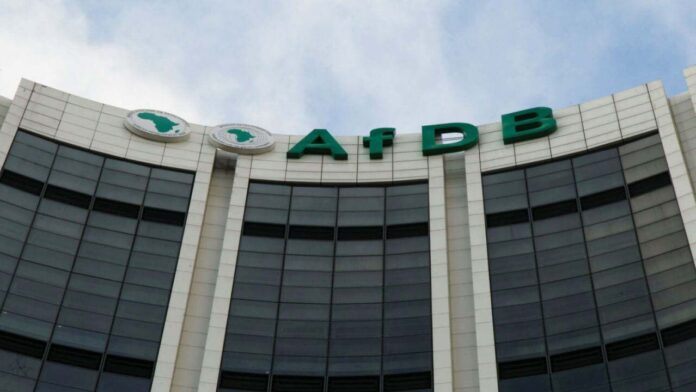The African Development Bank (AfDB) has said that Central Africa stood to benefit the most from the African Continental Free Trade Area (AfCFTA).
Dr Hanan Morsy, AfDB’s Director of Research, revealed this at the inauguration of one of the bank’s flagship reports at the ongoing 54th Annual Meetings in Malabo.
She said that Central Africa’s real income could increase by seven per cent in the 2019 African Economic Outlook.
“By the same calculations, East Africa, currently the star performer on the continent, would experience an increase of about 4.2 per cent, followed closely by North Africa.
“The scenarios measure the potential outcomes of the AfCFTA, ranging from one least impact to four greatest impact.
“While there are differences in gains, all African countries are better off with regional integration than without,’’ she said.
According to her, the current levels of growth are not enough to generate jobs for millions of unemployed Africans.
Morsy, however, said that regional integration could stimulate the growth needed to make an impact in unemployment.
The AfDB director of research said that Africa needed to grow by between four per cent and six per cent in order to turn the tide.
The Outlook predicts that Africa could add 4.5 per cent to its Gross Domestic Product (GDP) provided that governments not only did away with bilateral tariffs and non-tariff barriers, but kept the rules of origin simple.
The inauguration witnessed a panel discussion by Finance and Economic Planning Ministers, who are also Governors of the bank.
Aichatou Kane, a representative from Niger, said the Economic Community of West African States (ECOWAS) was in the “fast lane’’ of integration and planned to have its own currency in 12 months.
Burkina Faso, Zimbabwe, and Tanzania agreed that integration would help the continent remain relevant as a global economic player.
The theme of this year’s meeting is ‘Regional Integration for Africa’s Economic Prosperity’.
The Annual Meetings provide opportunities for experts, governments, businesses, civil society, think-tanks, and the academia to share candid assessments on regional integration efforts and dialogue on critical issues concerning Africa’s development.




